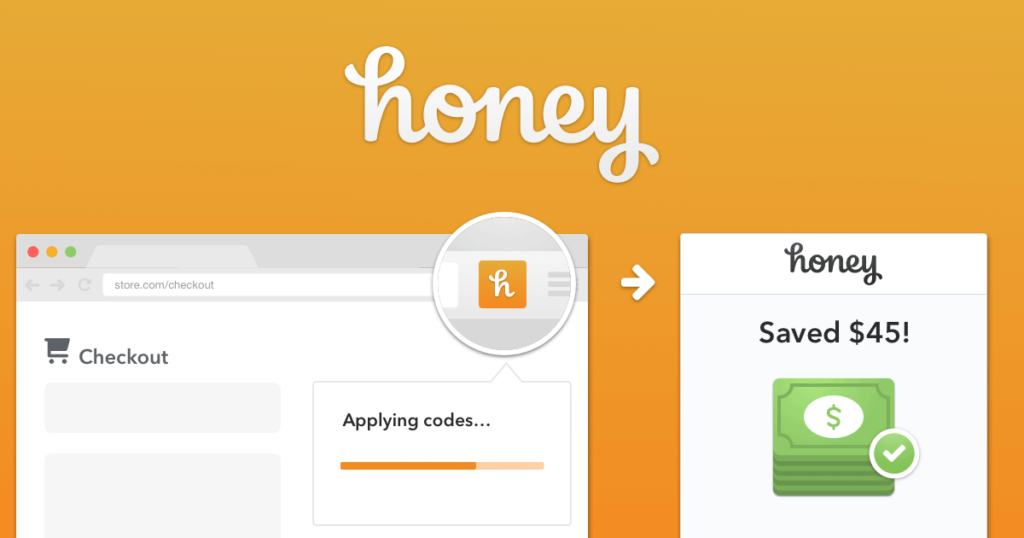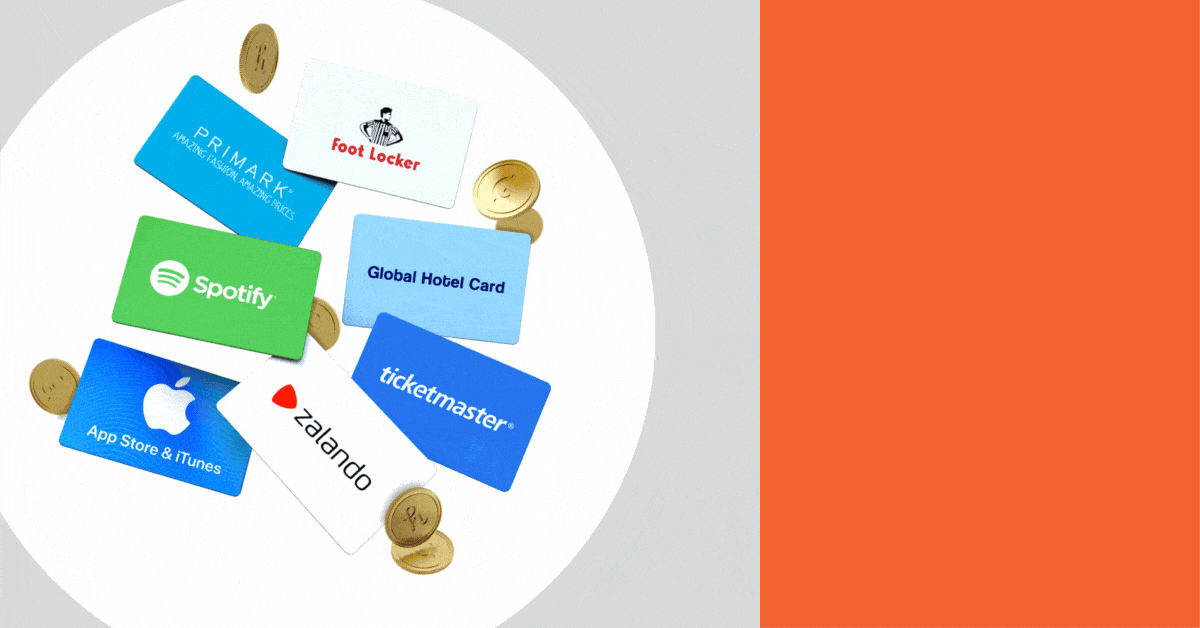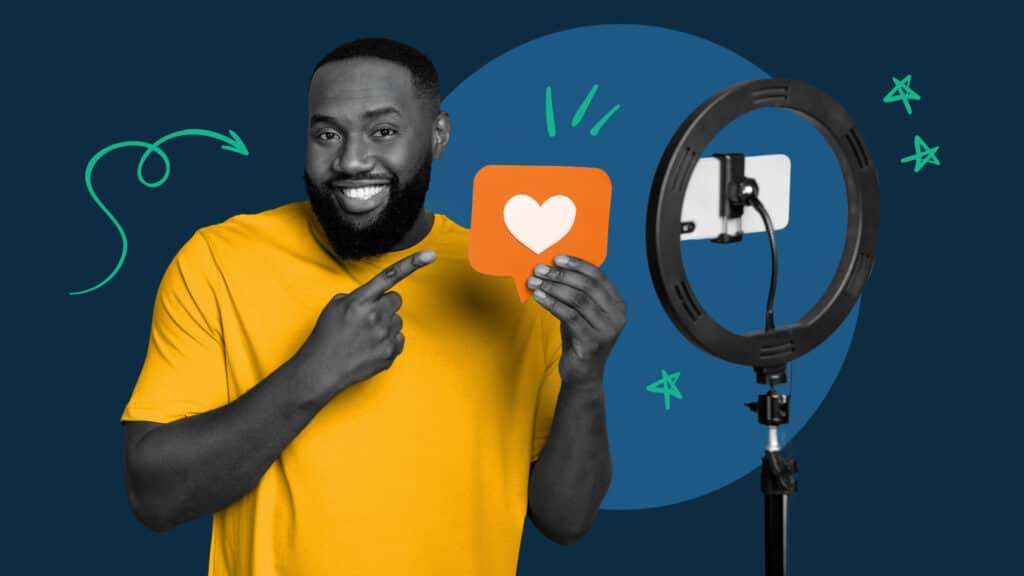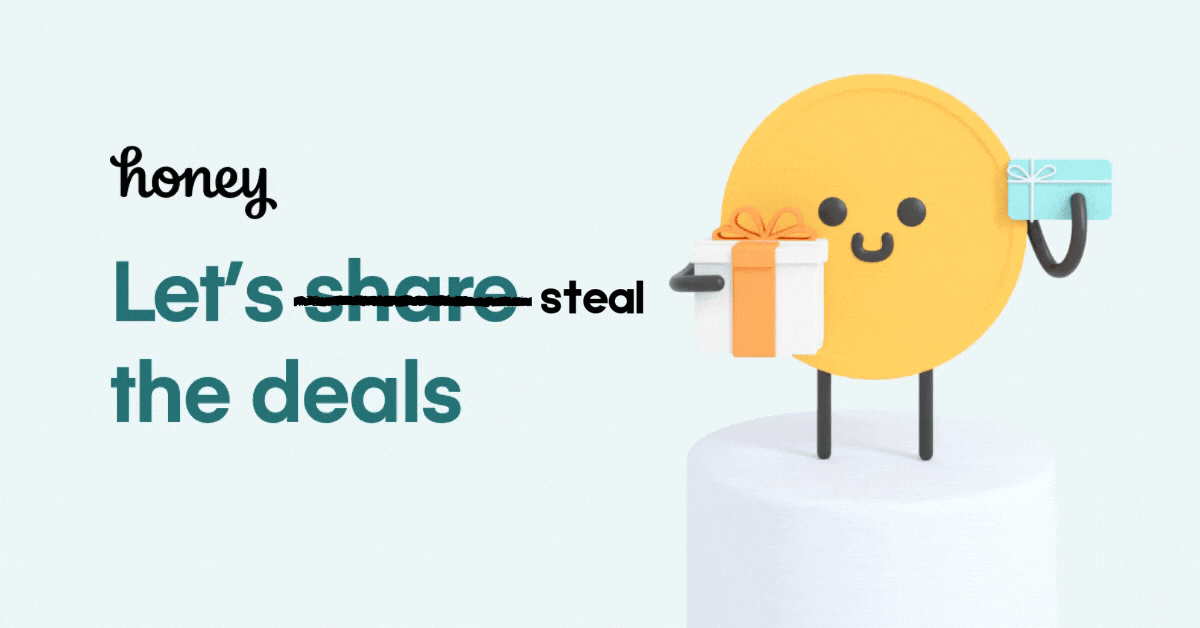This article simplifies the complex mechanisms behind affiliate marketing and the scam and is inspired by the insightful investigation of YouTuber MegaLag, who first exposed the intricacies of Honey’s practices.
We’re not exactly a news outlet, so before we tell you what’s happening with Honey and the affiliate marketing world, we’re going to “bore” you a bit with some technical explanations. But trust us—it’ll be worth it!
Influencer marketing has revolutionized how brands promote themselves, turning creators across all niches into digital ambassadors.
Behind every sponsored post and every “link in bio,” there’s a well-oiled machine of tools and technical strategies, with referral links and tracking cookies playing a crucial role in monitoring conversions and distributing commissions.
HOW REFERRAL LINKS AND COOKIES WORK
When a brand partners with an influencer, it provides them with a custom link or discount code. These tools aren’t just marketing gimmicks; they’re powerful tracking mechanisms. Whenever a user clicks on a custom link, a small piece of data called a cookie is stored on their device. This cookie acts as a marker that tells the website, “This user came from Influencer X.”
Thanks to these cookies, even if the purchase happens days later, the influencer still receives their commission, as the cookie remains on the user’s device for a set period (usually 30 days). But what happens if the user first clicks on Influencer A’s link and later sees the same product from Influencer B, clicking their link instead? Who gets the commission?
This is where Last-Click Attribution comes in—a method used by most companies to attribute the sale to the last influencer who drove the user to click. Essentially, it’s a race to be the final touchpoint before checkout.
Now, enter Honey.

HONEY’S BUSINESS MODEL, A SILENT COMPETITOR
Honey, a free browser extension owned by PayPal, claims to help users find the best coupons and discount codes online. But finding discounts and “stealing” affiliate commissions? These don’t seem to align… or do they?
Here’s how it works: when a user searches for coupons using Honey, the extension automatically wipes out any existing cookies linked to previous influencers and replaces them with its own.
Essentially, Honey tells the website, “Forget Influencer A—credit this sale to Honey.”
This means that even if an influencer did all the work by introducing the product and convincing the user to buy it, Honey swoops in at the last minute and takes the credit—and the commission.
THE HIDDEN COSTS OF “FREE COUPONS”
“But at least Honey helps users save money, right?” you might ask. Well, not really. Honey’s true incentives are not aligned with finding the best discounts for you—it’s about maximizing its own profit.
In many cases, Honey partners with companies to provide low-value discounts—or no discounts at all. When Honey fails to find a valid coupon, users often proceed with the purchase, assuming they’ve found the best deal possible.
However, a simple manual search on Google often reveals better coupons, as shown by YouTuber MegaLag during his investigation.
In one example, MegaLag attempted to purchase a product through Honey, only to find that no discounts were applied. After a quick Google search, he discovered a coupon that saved him 20%. This raises the question: is Honey genuinely providing value, or is it misleading users to secure its commissions?

THE BIGGER PICTURE, A SYSTEMIC ISSUE
Honey’s tactics don’t just hurt influencers—they also impact businesses. Even when users visit a website organically (without any influencer involvement) and use Honey, the extension generates a cookie and claims the commission.
This means the company ends up paying Honey for a sale that Honey had no part in driving. Essentially, Honey positions itself as a middleman who gets paid for doing… well, almost nothing.

WHAT CAN BUSINESSES AND INFLUENCERS DO TO PROTECT THEMSELVES?
This issue raises an important question: how can businesses and influencers defend themselves against such practices? Here are some strategies:
- Implement first-click attribution: Some companies are shifting from last-click attribution to first-click attribution, which rewards the first influencer who generated interest.
- Custom coupon codes: Encourage influencers to use personalized discount codes rather than relying solely on referral links. These codes can’t be overwritten by extensions like Honey.
- Direct partnerships: Strengthen direct relationships with influencers through exclusive collaborations, ensuring they feel valued and fairly compensated.
- Coupon control: Invest in your website’s coupon management system, providing users with in-house discounts that can’t be replaced by third-party extensions.

THE IRONY OF INFLUENCER MARKETING
Ironically, many influencers have unknowingly helped Honey become a household name by promoting the extension themselves. Big names like MrBeast and others have partnered with Honey in exchange for large sums of money. But here’s the kicker: the funds Honey uses to pay these influencers likely come from the very commissions it takes from other influencers and businesses.
It’s a paradox that underscores the importance of transparency and awareness in the world of affiliate marketing.

A SCAM FOR EVERYONE?
MegaLag isn’t the only one exposing these practices—Devin Stone, also known as LegalEagle, is reportedly preparing a class-action lawsuit against PayPal. The legal implications could be significant, potentially setting a precedent for how browser extensions interact with affiliate programs.
In the meantime, it’s crucial for creators and businesses to stay informed and proactive.
Affiliate marketing, at its core, is about building trust and rewarding the right players. But when third parties like Honey manipulate the system, they undermine the foundation of that trust.
So, what can we take away from all this? Whether you’re a business owner, a creator, or a curious consumer, remember: not all “free” tools are as innoce nt as they seem and remember that if a product is free, the product is probably you.
By understanding how the system works, you can make smarter decisions and protect what’s rightfully yours.
As the digital world evolves, the power lies in staying informed—and maybe doing a quick Google search for better coupons.
